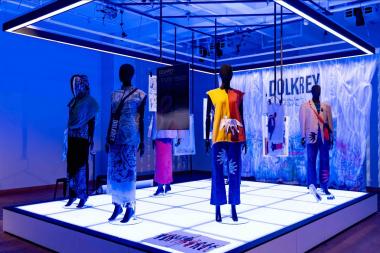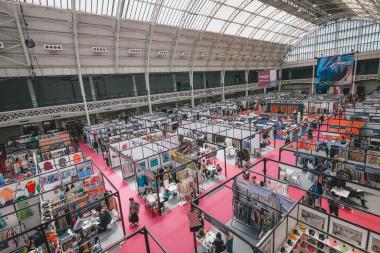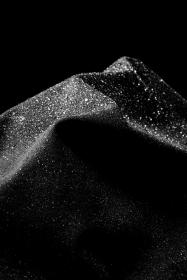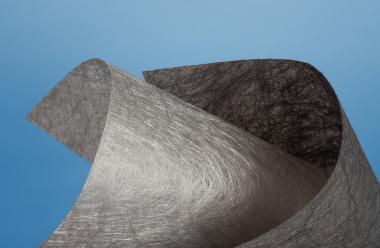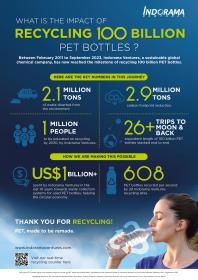Lenzing and Södra: ITMF Award for cooperation in textile recycling
- Lenzing and Södra – a long-standing partnership for systemic change
- International Textile Manufacturers Federation (ITMF) honored the two companies in the "International Cooperation" category
- EU co-funded recycling project for textiles on an industrial scale
The Lenzing Group, the world’s leading supplier of specialty fibers for the textile and nonwovens industries, and the Swedish pulp producer Södra have received the ITMF Award 2023 in the category “International Cooperation” for their joint achievements in textile recycling and circular economy. The award was presented at the ITMF Annual Conference in Keqiao, China, on November 06, 2023.
The ITMF Award 2023 is given by the International Textile Manufacturers Federation (ITMF) to recognize outstanding achievements and merits in the textile sector in two categories: ”Sustainability & Innovation“ and ”International Cooperation“. Since 2021, the two pioneers have been joining forces in textile recycling, making a decisive contribution to promoting the circular economy in the fashion industry. As part of the cooperation, the companies intend to share their knowledge with each other and jointly develop processes to enable the wider use of cellulose-based used textiles on a commercial scale.
The OnceMore® pulp from Södra, which was jointly developed further by Södra and Lenzing, is subsequently used, among other things, as a raw material for the production of Lenzing fibers with REFIBRA™ technology. The OnceMore® process makes it possible to process and recycle a blend of cotton and polyester.
ITMF paid particular tribute to the joint LIFE TREATS project (Textile Recycling in Europe AT Scale)1,which was supported by an EU grant of EUR 10m under the LIFE 20222 program and aims to build a large-scale plant at Södra's Mörrum site in Sweden.
For more information on the ITMF Awards 2023, visit the ITMF website.
1 Project 101113614 — LIFE22-ENV-SE-TREATS
2 https://cinea.ec.europa.eu/programmes/life_en
Lenzing AG





